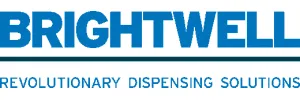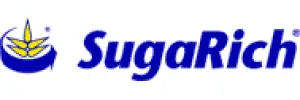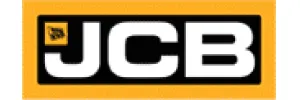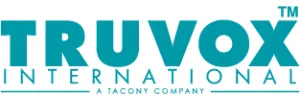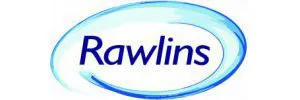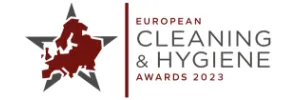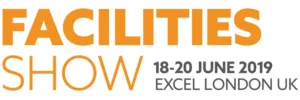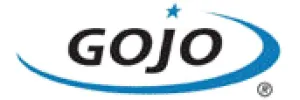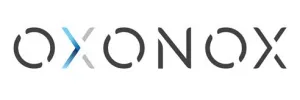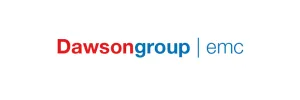News & Insights
Read the latest news from us and our clients across the globe

Posted on 18 May 2015 by adtrak.admin
Putting sustainability into service provision
Premises can be managed more sustainably, says Bernard McCauley, Group Managing Director of facility services provider Grosvenor Services. But it requires common purpose with clients and a pragmatic approach, testing results on the ground.
When it comes to the built environment, efforts to promote sustainability understandably focus on design, construction and energy use. But green cleaning and other enlightened ways of managing facilities can produce worthwhile environmental gains too, without compromising standards.

At Grosvenor Services we’re guided by our own environmental policy and strive to support the sustainability goals of our clients. So we’re constantly seeking ways to reduce our environmental impact, but we test new approaches first and deploy them only when we know that performance will be enhanced, or at least, maintained.
Maynooth University provides an example of our partnership approach. Grosvenor Services has been working for 13 years with the Irish university, which hosts 10,000 students and staff on a 100-acre site. Last year, we invested in an all-electric van to collect cardboard from buildings for baling on site and move cleaning supplies around the site – quietly but visibly supporting the university’s commitment to ‘Green Campus’ status.
Our latest initiative is company-wide and involves the cleaning products that we use on all our sites. For some considerable time, we have been evaluating both the environmental impact and cost-effectiveness of a wide range of cleaning substances and materials.
We’ve discovered there are significant gains to be made for our clients and for the environment from more sustainable super-concentrated cleaning products. From March 2015, we are rolling out these eco-friendly ultra-concentrates on our sites in the UK. Our locations in Ireland will soon follow.
There are clear benefits from this standardisation. These products provide excellent performance and cover all our clients’ cleaning needs. As water is added to the super-concentrates at the point of use, the amount of product to be shipped and handled is greatly reduced. Ordering, storage and support are also simpler and more efficient with a streamlined product range.
Our experience shows that the amount used for the same cleaning tasks reduces by more than a third. So the switchover is more cost-effective and allows us to use resources more efficiently.
First, our cleaning teams are trained in the use of the new products. Preparing the formulations is straightforward so staff use the correct specification and avoid wastage. Colour coding makes it easy to identify the correct product for each application.
The environmental benefits are considerable, in terms of reduced packaging, carbon emissions and road miles – up to 90% fewer cases need to be shipped around the country.
About 80% of our new ultra-concentrates have eco-friendly accreditation (under rigorous EU or Nordic eco-label standards). Some periodic cleaners don’t. But we are looking for the best-performing, environmentally responsible alternatives.
One is a powdered cleaning product. In independent tests by accredited laboratories, it has proven to be a highly effective sanitiser and disinfectant. Again, it is far more resource-efficient than traditional chemical sprays, and also non-toxic and non-caustic when used raw.
There are other ways to cut down on chemical use while maintaining cleaning standards, for example by adopting microfibre cleaning cloths and mops. When polishing tiled floors, we are also testing diamond pads in washrooms and other areas for several large retail clients. While the upfront cost of these pads is higher, they last longer and are proving more efficient than chemicals, and more cost-effective too. Our teams are also evaluating pads made from recycled plastic bottles, which could help us ‘close the loop’ as they’re recycled again after use.
Water ionisation is another form of chemical-free cleaning we are currently assessing – in retail, university, and office settings. Through filtration, this technology transforms ordinary mains water into a sanitising agent (H30). It is proving effective in cleaning handrails (evidenced by a zero reading in bacteria tests), glass and other hard surfaces. While this method may not be suitable for all surfaces, the environmental advantages may be sufficiently attractive in certain applications.
The path to sustainability is not always clear or easy. But by following a pragmatic course – based on research, training and testing; communication with clients; and close monitoring of performance (our auditing system is, of course, electronic and therefore paperless) – we can keep advancing.
For more information on Grosvenor Services, visit www.grosvenorservices.com, call +353 1 295 4866 or email enquiriesireland@grosvenorservices.com
Published in Cleaning Matters – April/May 2015
Experts in Public Relations Services & Communications Management
Our ServicesGenuine industry specialists in cleaning and hygiene, environmental and recycling, and facilities management
Our Sectors
